Market management forces inspect milk products. Photo: CQCC
The lack of clarity in classification and the blurred boundaries between product groups have created loopholes for businesses to exploit to circumvent the licensing process and self-declare products to avoid strict inspection. As a result, consumers - especially sensitive groups such as the sick, children, pregnant women, etc. - suffer and are affected.
Self-declaration mechanism is abused
According to Lawyer Bui Van Thanh, Head of the New Sun Law Office, currently, the licensing of circulation for dairy products is regulated in the 2010 Food Safety Law, amended in 2018; Decree 15/2018/ND-CP guiding the Food Safety Law; Decree 115/2018/ND-CP regulating administrative sanctions for violations of food safety. According to the provisions of Decree 155/2018/ND-CP, depending on the type of dairy product, enterprises producing and processing dairy products carry out product declaration procedures in two steps: self-declaring the product; submitting a dossier to register the product declaration.
Further analysis, Lawyer Nguyen Thi Ngoc Ha, Director of the Law Division of SBLAW Law Firm, stated that regular milk products include: fresh milk, powdered milk, condensed milk, reconstituted milk..., enterprises only need to carry out the procedure of "self-declaring products" according to Decree 15/2018/ND-CP. After the declaration, the enterprise is allowed to circulate the product and will be legally responsible for the content of the declaration.
As for milk products with added micronutrients - functional foods - health protection foods, which are products supplemented with DHA, calcium, probiotics, fiber, vitamins... and are often marketed as supporting brain development, increasing resistance, good for digestion... according to the law, these products are classified as health protection foods, so they must register the product declaration at the Department of Food Safety - Ministry of Health before being circulated according to Article 6 of Decree 15/2018/ND-CP. The competent authority must first appraise and then allow circulation, unlike the group of regular milk products.
However, in reality, it is the products that have the properties of functional foods but are declared as foods that are often the hot spots for law evasion.
Lawyer Thanh pointed out the fact that the licensing process for functional “hybrid” milk still has loopholes and is not strict enough, especially in the classification and post-inspection stages. If not completed soon, it will lead to risks to consumers’ health and inequality between serious and “illegal” businesses.
In fact, many dairy products today are no longer purely food, but contain added micronutrients, even with clear biological effects, while there are no clear criteria for classifying “hybrid” products, so businesses can easily “circumvent the law” to self-declare instead of registering health protection foods. The lack of separate technical standards for functional milk leads to the application of general standards, causing difficulties in testing and management assessment.
Another major loophole in the publication conditions pointed out by Lawyer Nguyen Thi Ngoc Ha is that the law only requires "scientific documents proving the use", but does not clearly stipulate the standards for assessing the quality of those documents. This causes many businesses to cite unverified documents, or use sketchy documents translated from foreign countries, making it very difficult to verify.
The testing process is mainly quantitative - not enough to prove actual effectiveness. The loose mechanism for self-declaration of products leads to easy false advertising, especially using famous people to advertise to "exaggerate the effects", causing unpredictable harm.
In addition, the post-inspection mechanism is not strong. After licensing, the authorities mainly conduct inspections when there are signs of violations or complaints, leading to a passive nature. With a large number of health food products, post-inspection resources are difficult to cover the entire market.
Lawyer Thanh said that there is currently a situation of “each ministry playing a role” in licensing and management. The reception, appraisal and issuance of certificates for receiving dossiers for declaring milk products are under the authority of the health sector, but the issuance of certificates of eligibility for food production facilities is under the authority of the industry and trade sector. The management of products circulating on the market is under the authority of the market management agency; the inspection of import clearance is under the authority of customs based on the specialized import license of the Ministry of Health. This fragmentation creates loopholes for fraudulent behavior.
Plug the “hole”
In the current context, when the milk market - especially products for children, the sick, and the elderly - is increasingly diverse but there are many gaps in quality control and advertising, Lawyer Nguyen Thi Ngoc Ha emphasized that to plug the "loopholes" in the law, it is necessary to synchronously deploy solutions, first of all, tightening right from the product classification and licensing stage.
There should be clearer classification criteria in Decree 15/2018/ND-CP (or issue a separate decree for special nutritional products). Mandatory registration of declarations at the Ministry of Health for all milk products for sensitive subjects (children, sick people, the elderly), instead of only requiring self-declaration as at present. At the same time, improve product quality assessment standards.
Along with that, there should be mandatory regulations for clinical research, especially for products intended for children under 6 years old or sick people. For imported milk products, additional circulation licenses and safety assessments from the country of origin must be required, instead of relying solely on the free circulation certificate.
Finally, according to Lawyer Ha, it is necessary to strictly manage marketing, advertising and post-audit activities by requiring all advertising content for special nutritional products to be assessed before broadcasting and posting with a mechanism similar to that of drugs. Advertisers must be held accountable if they make statements that are not consistent with the product announcement or license. Increasing random post-audit is also very important, especially for milk lines for children - a very sensitive and vulnerable group when using inappropriate products.
On a broader scale, the problem of fake milk not only harms people’s health, but also affects the economy. According to Lawyer Thanh, counterfeit goods cause losses to the global economy of about 500 billion USD/year. But the actual damage is much greater because it directly affects social trust and business ethics.
The long-term solution, according to Mr. Thanh, must be a synchronous combination: perfecting the legal system, improving post-inspection, and severely handling counterfeit production organizations. Technology can effectively support from RFID, Blockchain, to advanced anti-counterfeiting techniques. Lawyer Thanh also expressed the need to promote ethical production through activities supporting ethical and sustainable production and business activities, thereby helping to limit counterfeiting.
The case of nearly 600 types of fake milk is not only a warning bell about loopholes in management but also raises the issue of the need for close coordination between ministries and branches, the urgency of synchronizing the legal framework, enforcement mechanisms and responsibilities of businesses - influential individuals (KOLs) - consumers. In addition, it is very necessary for the whole society to participate and closely monitor to prevent similar incidents in the future.
NBO
Source: https://baoninhbinh.org.vn/gan-600-san-pham-sua-gia-ranh-gioi-mo-he-luy-that-957142.htm


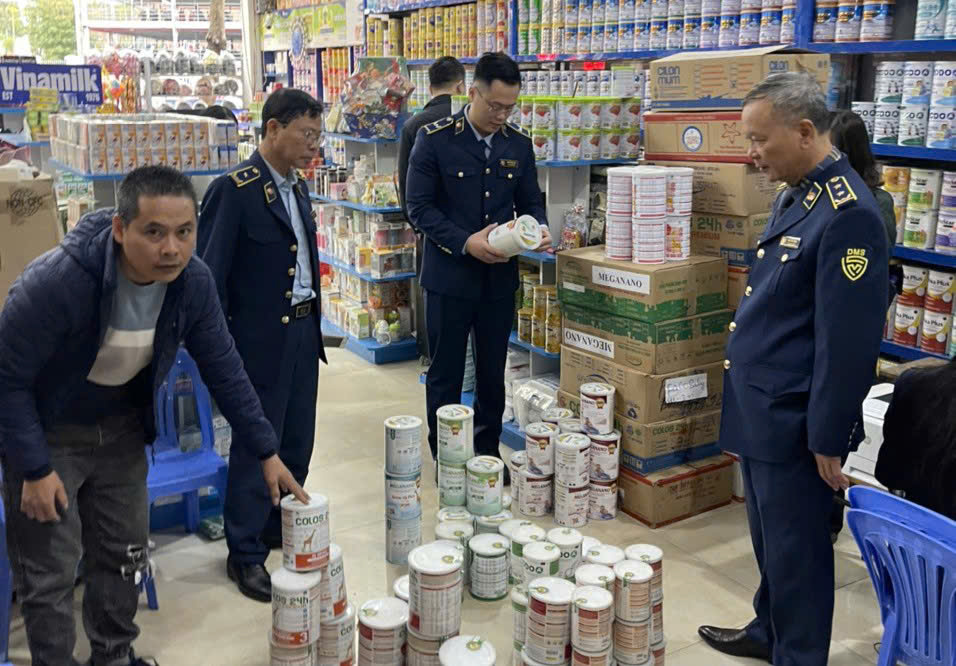

![[Photo] Hanoi is brightly decorated to celebrate the 50th anniversary of National Reunification Day](https://vphoto.vietnam.vn/thumb/1200x675/vietnam/resource/IMAGE/2025/4/29/ad75eff9e4e14ac2af4e6636843a6b53)
![[Photo] General Secretary attends special art program "Spring of Unification"](https://vphoto.vietnam.vn/thumb/1200x675/vietnam/resource/IMAGE/2025/4/29/e90c8902ae5c4958b79e26b20700a980)
![[Photo] Nghe An: Bustling atmosphere celebrating the 50th anniversary of Southern Liberation and National Reunification Day](https://vphoto.vietnam.vn/thumb/1200x675/vietnam/resource/IMAGE/2025/4/29/64f2981da7bb4b0eb1940aa64034e6a7)
![[Photo] Prime Minister Pham Minh Chinh meets to prepare for negotiations with the United States](https://vphoto.vietnam.vn/thumb/1200x675/vietnam/resource/IMAGE/2025/4/29/76e3106b9a114f37a2905bc41df55f48)
![[Photo] Ho Chi Minh City: People are willing to stay up all night to watch the parade](https://vphoto.vietnam.vn/thumb/1200x675/vietnam/resource/IMAGE/2025/4/29/cf71fdfd4d814022ac35377a7f34dfd1)
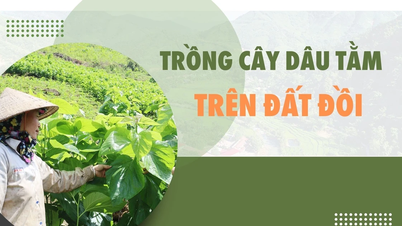












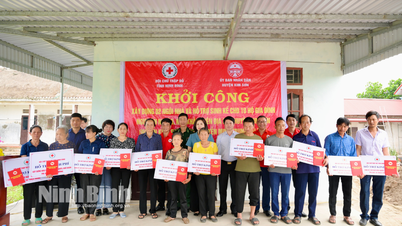
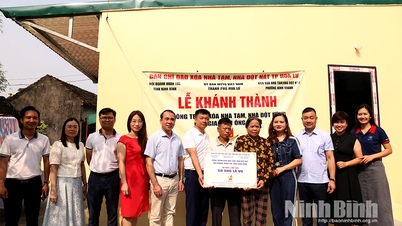
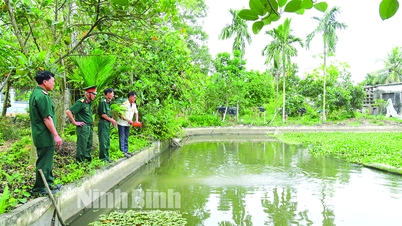
![[Photo] People choose places to watch the parade from noon on April 29](https://vphoto.vietnam.vn/thumb/1200x675/vietnam/resource/IMAGE/2025/4/29/3f7525d7a7154d839ff9154db2ecbb1b)









































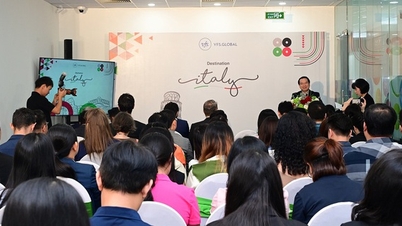

























Comment (0)